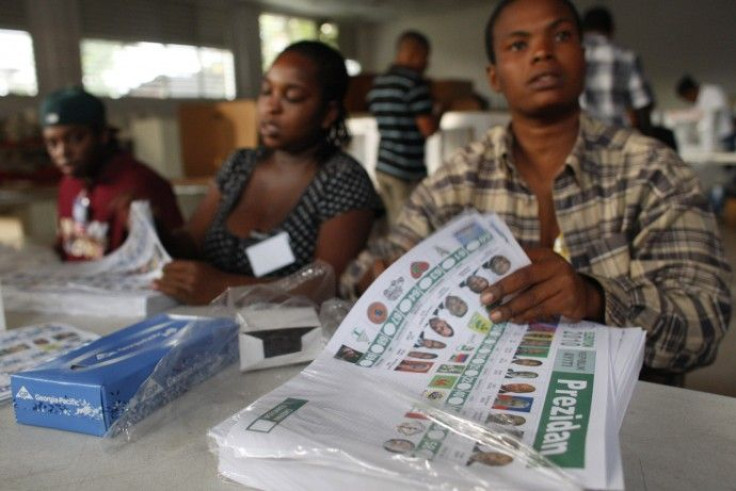Voters shy away from polls in Haiti

Voting is underway to elect a new president in the cholera-hit Haiti. International observers are on the watch hoping that the elections will lead to a stable government capable of administering the humanitarian aid flowing into the country. Almost $900 million of the pledged $2.12 aid has been disbursed by 24 donor nations. Armed peacekeepers are on guard at polling booth across the capital of Port-au-Prince.
Even though the country has almost 4.7 million voters, a slow start has been reported at the 11,000 polling booths, some of them registering barely tens of votes. Several booths are yet to receive ballot papers, while some of them are facing severe power shortages.
Representatives for the lower house are to be picked from close to 800 contenders, while 96 people are competing for the 11 senate seats. Front-runners among the 18 candidates in the Presidential race include Jude Celestin, an engineer, former first lady Mirlande Manigat and singer Michel Martelly. The polling results are to be announced in the first week of December and in case none of the candidates manage at 50 per cent vote share, there would be a runoff in January next year.
The elections were initially scheduled for Feb. 28 but have been delayed after a 7.3-magnitude earthquake hit the country in January this year killing more than 250,000 people.
With a population of 10 million and almost 80 per cent of them living under $3 a day, Haiti is the poorest country in the western hemisphere. Clashes across the country have been reported in the recent weeks after a cholera outbreak claimed at least 1,648 lives.
© Copyright IBTimes 2024. All rights reserved.











